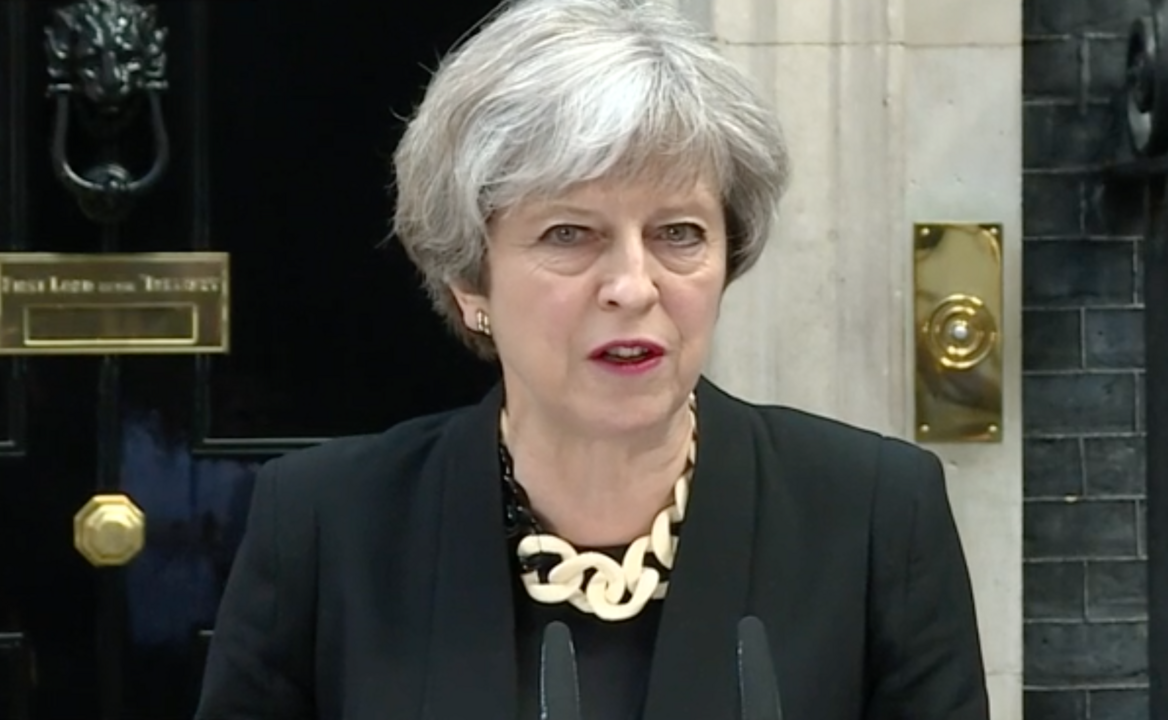They must have put something in the water

Matthew Kennington
24 hours is a long time in politics, a week an eternity, so what is a year? My father voted leave. My mother was less convinced and voted remain. I, like many younger voters, was confident that we wouldn’t leave. You don’t always get what you want.
My wife had set the radio alarm as usual. The morning of the 24th of June, 2016, was just another working day. As I eventually began to wake, it immediately became obvious from the presenters seriousness and remarks that a majority of voters had gone for leave.
After the Brexit referendum result had come in, the questions began. My fellow Madrileños were friendly and good-natured in their enquiries, yet the tone of disbelief and confusion in the voices suggested this was neither expected nor welcome. I often found myself apologising for the behaviour of a people, which after 18 years in Spain, I no longer belonged to. Although I’m not Spanish, I don’t feel English either. I see myself as a hybrid. As immigrants, we lose day-to-day contact with our homeland and with it, to a degree, our past identity. So we embrace a new life, and with it a new identity. Yet we are still seen by many as outsiders despite our efforts to fit in.
For the next few days I found myself randomly screaming on Twitter or Facebook. Boris Johnson and his tacky counterpart, Nigel Farage, had made themselves the poster boys for Brexit, with their clever nostalgia-ridden campaign. Corbyn’s Labour party was in a huge internal battle and appeared to simply stand by and watch, much to the dismay of many of its followers. Nothing made much sense. Theresa May stepped in, dominated Prime Minister’s Questions, and if not quite strong and stable, she was at least seemingly capable. It was time to move forward.
Fast forward 11 months and May had already boldly called national elections to reinforce her mandate going into the Brexit negotiations.
The events of the 5 weeks running up to the British general elections and the fallout have brought back some disturbing memories for me from the Madrid bombings. Although not identical, the similarities are worth noting.
In March 2004, Spanish President José Maria Aznar only had 48 hours to react. The elections were on the doorstep and he froze. The photo of George W Bush and the Spanish leader with their feet on a table would now come back to haunt him. Basque separatists were an early option. After all, they had already tried unsuccessfully to kill the Spanish president in the past. If the government accepted the common international theory (Al-Qaeda) and their own security advisers then the elections were in jeopardy. But where was Aznar, did he visit victims, could his advisors allow him to be seen with ordinary Spanish voters at such a volatile moment? The ETA gamble failed, the BBC and other international sources contradicted the party line. It was the first time globalized internet news trumped state propaganda. Before those attacks, The Partido Popular were looking at maintaining a majority government. The voters blamed the attacks on Spain’s involvement in the War in Iraq and punished Aznar on Election Day. Those 48 hours had been completely mismanaged, failing to grasp a world which had become far more globalized.
Fourteen years later, May had it all sewn up. Then Manchester was hit. Then London was hit. Corbyn played a joker by announcing at the last moment that he would take part in a televised debate. May, by this point, was already looking emotionally unstable, like a drawing of a Roald Dahl witch. Her advisors couldn’t risk putting her on live television. She was kept away from spontaneous meetings and kept very much to script. Her script however, backed by a parliament majority, was beginning to be seriously questioned by both public and media. Corbyn seized the opportunity. He knew full well that the Labour Party couldn’t win the election. But more than anything, he could see that after the attacks on Manchester and London that Mrs. May was no Mrs. Thatcher. With a host of pro-labour celebs, Corbyn’s team worked hard on the youth vote. Statistics show that Twitter is the medium for youth. Corbyn needed the youth to get out and vote.
The terrorist attacks also gave the labour party an excuse to highlight the cuts in the police force, which May had enforced as home secretary 5 years before. Even before that, May had u-turned on a very unpopular social services cut regarding mental health. Meanwhile Corbyn marched on. Record numbers came out to his speeches. May stayed at home. The unsinkable was about to hit the iceberg. The “strong and stable” was jokingly referred to as “the weak and wobbly”.
The Tories lost their majority, and Britain gained a new leader. Jeremy Corbyn’s transformation from dangerous radical to the voice of the disenchanted will no doubt be studied by future generations. May’s political mismanagement is equally interesting. The influence of Brexit, terror, fear, anger, austerity, all fueling a growing loathing, creating a need for a new prophet.
24 hours is a long time in politics, a week an eternity, this year has been something else.
